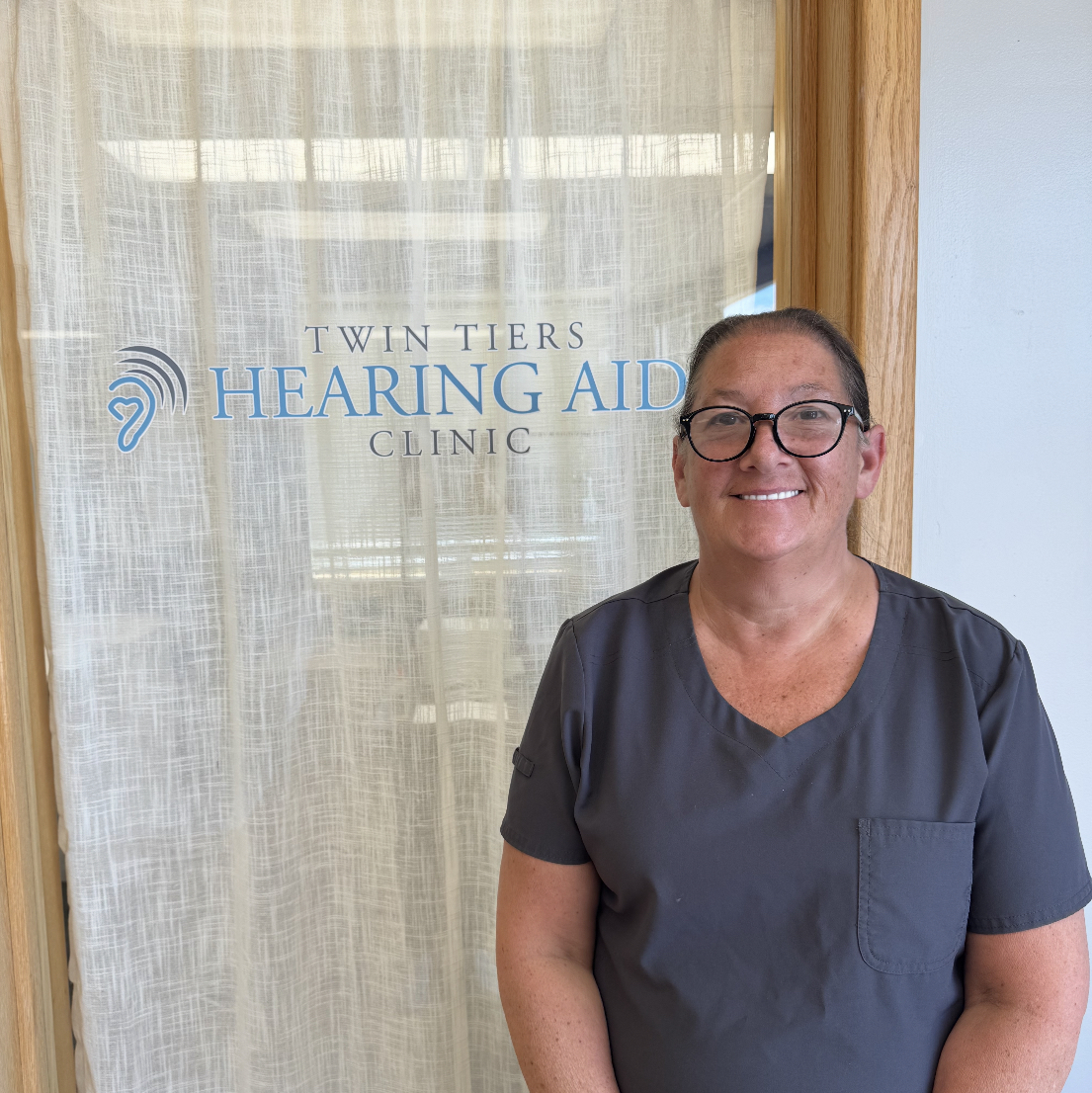Hearing loss is often brushed off as a minor inconvenience—something that makes conversations a little tougher or the TV a little louder. But at Ear to Hear, we know it’s much more than that.
In reality, untreated hearing loss can have far-reaching effects on your overall well-being, including a significantly increased risk of falls. This is especially true for older adults, where the connection between hearing and balance becomes even more important to understand and address.

You may not realize it, but your ears play a key role in keeping you upright. Deep within the inner ear lies the vestibular system, which sends constant signals to your brain about your body’s position and movement. It works quietly in the background to help you walk, turn, and stay balanced—all without you giving it a second thought.
But when hearing starts to decline, particularly due to damage in the inner ear, the vestibular system can be affected as well. The result? Dizziness, unsteadiness, and a greater risk of falling.
Multiple studies have confirmed the strong link between hearing loss and fall risk. One well-known study from Johns Hopkins University found that even mild hearing loss can triple your chances of falling. The greater the hearing loss, the higher the risk.
Why? It’s a combination of physical and cognitive factors. People with hearing loss may miss important environmental cues—like someone approaching from behind, a warning shout, or the sound of footsteps—making them more vulnerable to accidents.
When your brain has to work harder to hear and understand sounds, it pulls focus and energy away from other tasks—like balance and coordination. This increased mental strain can reduce your ability to stay steady, especially in more challenging environments like dim lighting, uneven ground, or noisy places.
Plus, hearing loss often leads to social withdrawal. When someone stops going to group events, walking with friends, or exercising regularly, their body naturally becomes less agile. Slower reflexes, weaker muscles, and reduced confidence in movement can all follow—making falls more likely over time.
If you’ve found yourself grabbing furniture as you move through the house, feeling off-balance in busy settings, or avoiding activities you once enjoyed, these could be subtle signs of a deeper issue. Straining to hear or feeling mentally drained after conversations are also early clues that your ears—and brain—may be working overtime.
Here’s the good news: treating hearing loss doesn’t just improve your communication—it can help restore confidence in your movement and reduce your fall risk.
Today’s hearing aids are small, smart, and surprisingly powerful. Many feature motion sensors, directional microphones, and even fall detection technology that can notify a caregiver in an emergency.
Even more importantly, hearing aids reconnect your brain to the sounds it needs to stay aware and alert. This can free up cognitive resources, allowing your body to move more naturally and respond more quickly to changes in your surroundings. Many patients report feeling more stable, more social, and more active once they begin using hearing aids.
Falls are the leading cause of injury among adults over 65—but they don’t have to be. By treating hearing loss early, you’re taking an important step toward better balance, greater independence, and a higher quality of life.
At Ear to Hear, we’re here to help you protect more than just your hearing—we’re here to support your overall health and well-being. A hearing evaluation is quick, painless, and incredibly informative. Whether you’re noticing signs of hearing loss or just want to take a proactive approach, we’re ready when you are.
Let’s work together to keep you safe, steady, and confidently connected. Call Ear to Hear today to schedule your hearing check.
© 2025 Ear to Hear. All Rights Reserved | Privacy Policy | Website by Beeman Marketing

Lori is currently the patient care coordinator at Ear to Hear in Elmira, NY & has been with us since 2020. She is absolutely wonderful & enjoys talking with our current patients and getting to meet new ones!

Benjamin and Estelle have been coming to work since they were 12 weeks old. They love greeting patients with excitement, hoping for some attention in return. They love sitting on everyone's lap and getting pet. There have been many opportunities for Benjamin and Estelle to be a comfort to those patients who come into our clinics for the first time feeling nervous. The dogs give them a sense of calmness and make them feel more at home.

Melissa has recently joined Ear to Hear as our Patient Care Coordinator for the Auburn and Geneva offices. She is a graduate from Cayuga Community College with an associate's degree in Humanities and Social Sciences. Having a foster son who is deaf has allowed her to become an active part of the hearing-impaired community in which we live in. This has sparked an interest in her to help others along their hearing journey while re-connecting them with their loved ones and the world. Melissa currently resides in Wolcott, NY and enjoys spending time with her family and friends.

Brittany has a younger brother who was born with hearing loss and has worn hearing aids since he was 18 months old. She grew up helping him take care of his hearing aids as well as helping him with his education. Brittany is a graduate from Cayuga Community College with a bachelor's degree from SUNY Oswego in English and went into the education field working with children who have disabilities and some, like her brother, have hearing loss. Brittany's brother is her WHY for her entering the hearing health industry as her career. Due to her love for him, she has always had a passion to help the hearing impaired and that is what brought her to Ear to Hear. Brittany is excited to bring more awareness to our patients on how hearing health, tinnitus and the brain are all related. When she is not at work, Brittany stays busy with her twin daughters and enjoys spending time with her family and dogs in Red Creek NY.

Adrienne is a Board-Certified NYS licensed hearing instrument specialist who started in the hearing health care industry as a PCC. She later became a provider and then eventually became a clinic owner. Adrienne opened Twin Tiers Hearing Aid Clinic in Corning, NY in 2021 with a second location in Elmira NY. She later acquired Ear to Hear located in Auburn and Geneva, NY and later added The Hearing Aid Shop in Bolivar NY. Adrienne is excited to bring her excellent service and patient centric care to her clinics. She feels that hearing is the pathway to many of life’s great connections, and she finds joy in helping others find those important connections again. Adrienne currently resides in Horseheads NY with her family and dogs.